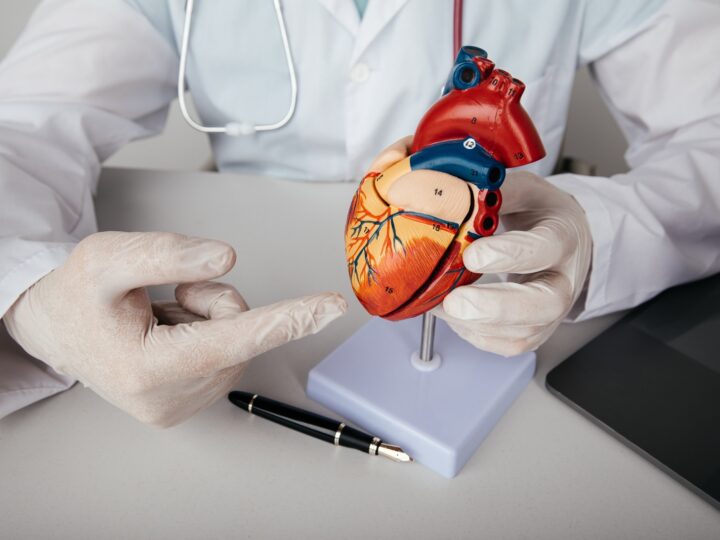People with diabetes must continually check their glucose to make sure their insulin levels do not jump too high or dip too low. Research from Ben-Gurion University of the Negev could make the process easier and more accurate.
The BGU team has engineered a new “super enzyme” that can detect the glucose level in the blood. This super enzyme improves on the standard method of checking glucose levels, where a protein is mixed with a drop of blood to cause a chemical reaction. The reaction oxidizes the glucose and turns it into a different molecule. The process then sends electrons to an electrode and the current is interpreted as glucose level.
Sound complicated? It is. And it’s prone to inaccurate readings: Other substances in the blood, including vitamins or painkillers, can raise the electrical current level and mislead glucose measurements.
The super enzyme, by contrast, detects glucose but is not sensitive to other substances, and returns much quicker responses. That lowers test-taking time and stands to improve patient compliance.
The research was conducted by Profs. Lital Alfonta and Raz Zarivach along with students Itai Algov and Jennifer Grushka from the Department of Life Sciences at BGU. In their report published in the Journal of the American Chemical Society, they conclude that “the fusion enzyme presented can serve as a good candidate for blood glucose monitoring and for other glucose based bioelectrochemical systems.”
The study was funded by a grant from the Israel Science Foundation and is related to consulting work done for SmartZyme, a New York- and San Diego-based biopharmaceutical company with R&D in Ness Ziona.
Fighting for Israel's truth
We cover what makes life in Israel so special — it's people. A non-profit organization, ISRAEL21c's team of journalists are committed to telling stories that humanize Israelis and show their positive impact on our world. You can bring these stories to life by making a donation of $6/month.









